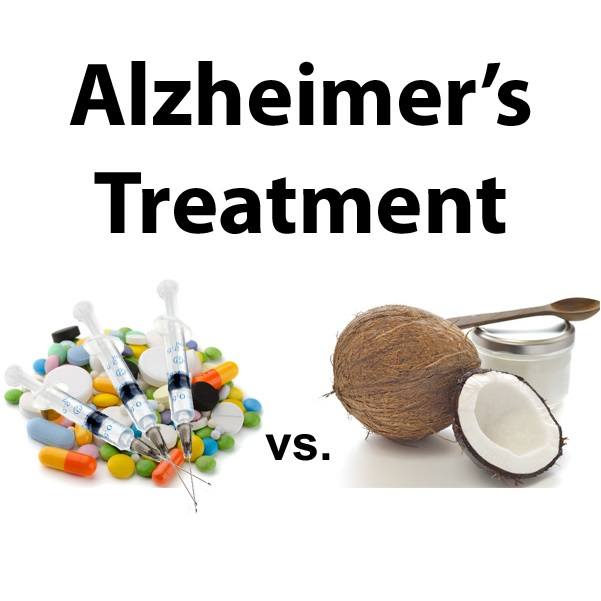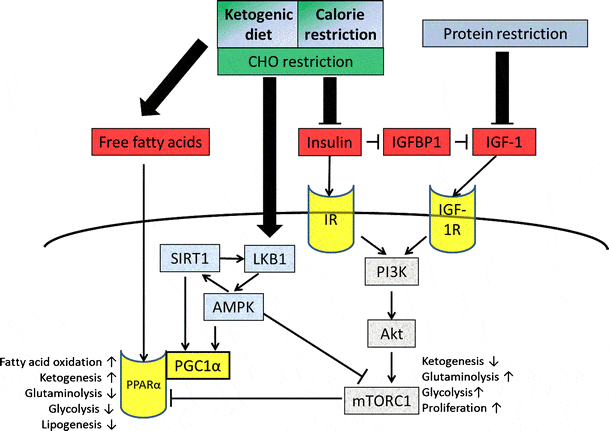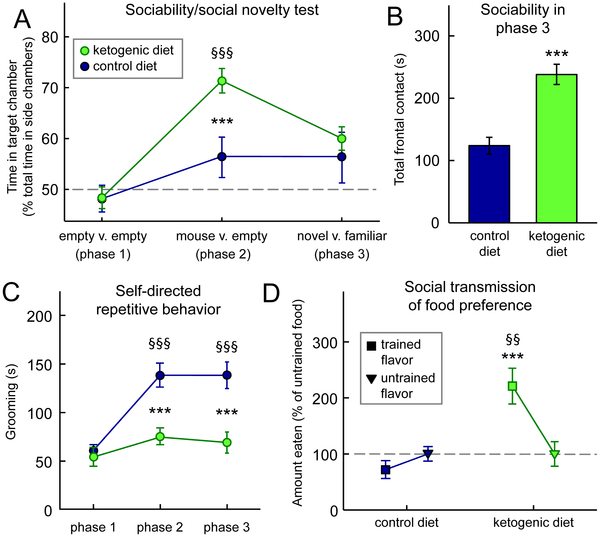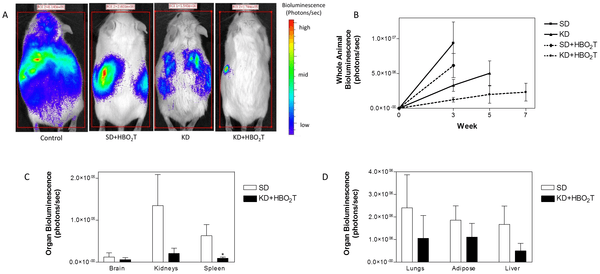News here in 2014 is reporting that two more Alzheimer drugs have failed during drug trials. Alzheimer's Disease represents a huge market for pharmaceutical companies, as millions of people are suffering from the disease, and the rate is increasing rapidly. Many pharmaceutical companies are trying to develop Alzheimer's drugs and vaccines.
However, if we are to truly understand the Alzheimer's epidemic, we need to stop viewing senior citizens as a lucrative market for pharmaceutical products. The most successful drug of all time, Lipitor, is a cholesterol-lowering drug aimed at seniors that at one time out sold all other drugs combined. It is estimated that today one out every four Americans over the age of 55 is now taking statin drugs to artificially lower their body's cholesterol.
Unfortunately, there is research pointing to a lack of cholesterol uptake to the brain as being associated with Alzheimer's patients. Therefore, poor dietary advice and excessive pharmaceutical drugs must be considered as a primary cause of Alzheimer's Disease.
All across the globe, people are starting to use coconut oil to treat Alzheimer's Disease, and the results have been nothing less than remarkable. In this report we take a look at some of these stories, as well as looking at research linking the high-fat ketogenic diet to curing many diseases such as Alzheimer's.



















